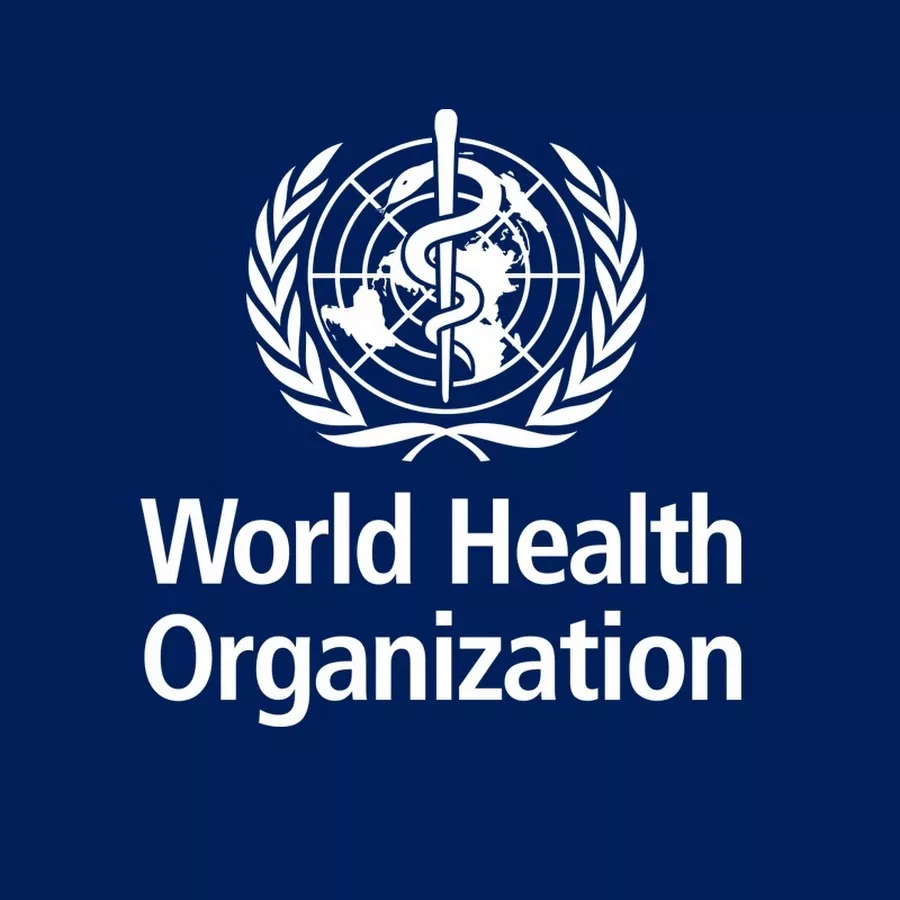The International Agency for Research on Cancer (IARC), affiliated with the World Health Organization (WHO), has issued a startling projecton, anticipating a 77 per cent surge in global cancer cases by 2050.
The report sheds light on the existing cancer burden, disparities in cancer services, and the pressing need for worldwide endeavors to confront this mounting health crisis.
In 2022, an estimated 20 million new cancer cases led to 9.7 million deaths globally, with lung, breast, and colorectal cancers emerging as the predominant types.
The report also disclosed that 53.5 million individuals were alive within five years of a cancer diagnosis. Approximately 1 in 5 people develop cancer in their lifetime, with roughly 1 in 9 men and 1 in 12 women succumbing to the disease.
However, the WHO’s Universal Health Coverage (UHC) and cancer survey unveils concerning disparities, revealing that only 39 per cent of surveyed countries cover basic cancer management in their financed core health services. Furthermore, a mere 28 per cent extend coverage to palliative care.
Breast cancer disparities are glaring, with women in low Human Development Index (HDI) countries experiencing higher mortality rates despite being less likely to receive a diagnosis.
The report underscores the imperative need to address late diagnosis and limited access to quality treatment in these regions.
Looking ahead, the global cancer burden is projected to escalate to over 35 million new cases in 2050, attributed to population aging, growth, and changes in risk factors. High HDI countries anticipate the most substantial absolute rise, with an additional 4.8 million cases, while low and medium HDI countries may witness a 142 per cent and 99 per cent increase, respectively.
Dr. Freddie Bray, Head of the Cancer Surveillance Branch at IARC, issues a warning about the uneven impact across countries, emphasizing that “Those who have the fewest resources to manage their cancer burdens will bear the brunt of the global cancer burden.”
Dr. Cary Adams, Head of UICC (Union for International Cancer Control), stressed the pivotal role of political will in addressing these disparities and ensuring universal access to affordable, quality cancer services.





